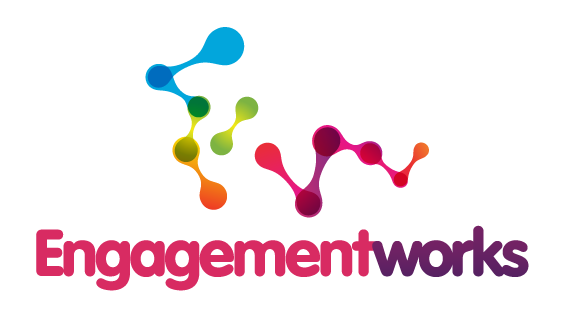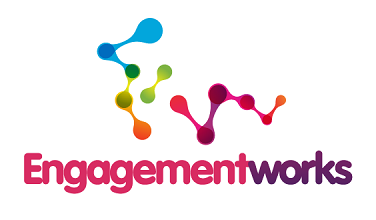Significance and engagement policies
A year ago amendments to the Local Government Act requiring New Zealand councils to have a significance and engagement policy in place came into effect. The purpose of this requirement was, presumably, to encourage greater public participation in local decision making. We have observed little change in council behaviours. Changes to this legislation have not changed the mind-set of many councils which still do not value meaningful public involvement in their decision-making.
New Zealand’s Flag
The first binding referendum on changing New Zealand’s flag is currently underway in spite of significant public support to retain the status quo. Any change appears unlikely. Perhaps if the engagement process had started at determining if there was any public appetite for change, then a process for finding an alternative flag that was acceptable to the general public could have followed.
Local government mergers
There appears to be a “slam dunk” here, as each of the proposals for change put forward by the Local Government Commission have been rejected by the communities involved. Northland, Nelson/Tasman, Wellington and Hawkes’ Bay communities have all overwhelmingly rejected plans to create “super cities” for each of those regions. The flaw in the statutory consultation process for local government reform, which results in this public rejection, is that the engagement starts far too late in the process and alienates the affected communities, guaranteeing failure.
Online voting
The government has authorised a number of councils to use online voting for the 2016 local government elections. It will be interesting to see how voter turnout in these districts differs from the rest, and whether or not any improvement is sustained in future elections. Our view is that low voter turnout isn’t about how votes are gathered, rather about the complexity of voting and the lack of value voters see their votes providing. Our views on online voting are in our November 2015 blog.
Engagement spectrum
IAP2 is currently reviewing its famous engagement spectrum. IAP2 Canada is leading this review. We believe that the language used to describe the current spectrum is flawed, compounding a range of other perceptions and misconceptions about how spectrums of this type may help to provide clarity. More detail about our thoughts can be found here.
Rugby World Cup
In 2011 organising committee chief executive Martin Snedden described New Zealand as a team of 4 million. That same team got behind the 2015 event in England and Wales with an outstanding outcome. This is a great example of engaging in a way where nearly everyone was on the same page.
Basin Reserve Flyover
It is hard to find words to describe the community engagement disaster that is the Wellington Basin Reserve Flyover project. There would be few projects that impact on a community the way that a Basin Reserve Flyover would affect Wellington city. In the face of this, the NZTA has steadfastly focused on using legal mechanisms to enforce its preferred outcome with disregard for the feelings of Wellington communities.
Invercargill’s caravan
It is great to be able to find an example of excellence in community engagement, particularly from local government. We believe that Invercargill City’s decision to invest in a caravan to enable it to reach out and connect directly and meaningfully with its communities is worthy of recognition. Learn more about this project here.
West Auckland trees
What stood out here for us wasn’t the final outcome or that both sides to the debate could have done things differently, or even that a protestor sat up the tree in question for a number of days. What really struck home was the reported statement from a council manager that the council’s actions were legal and therefore there was no need to consult with interested or affected communities. This is yet another example of organisations that engage only because they have to, rather than because they want to or need to.
LinkedIn questions
We have led a couple of discussions with international engagement professionals this year through LinkedIn forums. Interest in these has been considerable. We’re interested to learn from others’ experiences and to provide ways for these to be shared amongst the engagement community.


 RSS Feed
RSS Feed
